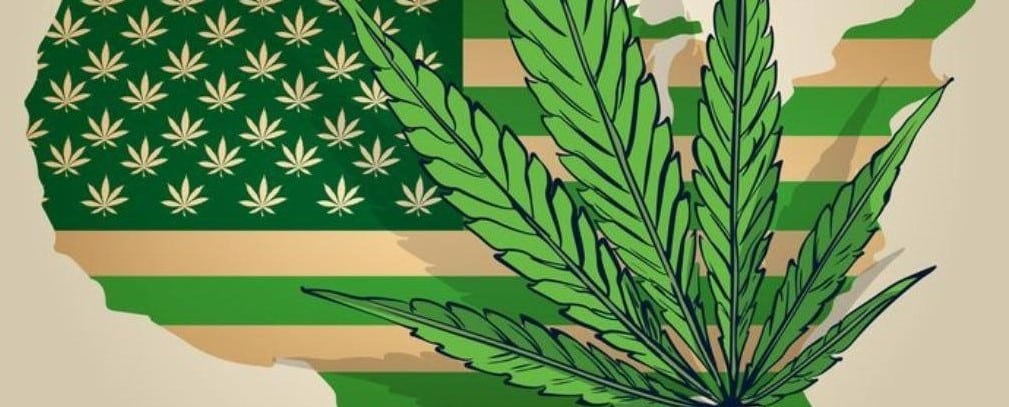Marijuana is legal for medical or general (recreational) use by adults in most American states, but a truck driver can still lose his job because a United States government mandated routine drug test indicates he used marijuana.
Some people will be quick to respond, “Good, I don’t want people driving big rigs down the road while high on pot.” But, as Paul Armentano of the National Organization for the Reform of Marijuana Laws (NORML) points out in a March 10 The Hill editorial, “Such tests are not intended to assess for marijuana-induced impairment, but rather, they are designed to detect whether one may have been exposed to cannabis several days, weeks, or even months earlier.”
The impact on trucking of such US government mandated testing for marijuana is big. Armentano writes:
According to newly provided statistics compiled by the Federal Motor Carrier Safety Administration’s Drug & Alcohol Clearinghouse, a branch of the U.S. Department of Transportation, over 40,000 commercially licensed truck drivers failed federally mandated drug screens for marijuana in 2022. Since 2020, more than 100,000 truck drivers have tested positive for past cannabis exposure. Of this total, only about 25 percent sought to return to work — resulting in mass driver shortages.
It is a sad situation that this testing for marijuana results in truck drivers losing their jobs because of actions they took in their private time that do not interfere with their work. The toughest part of fixing this problem will likely be people in the US government letting go of drug war priorities that prevent changing policy to make it more in line with advancing liberty and safety.



